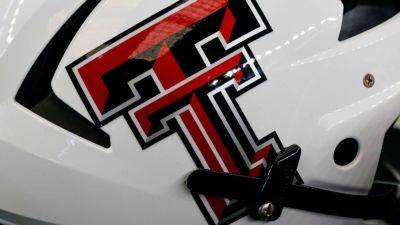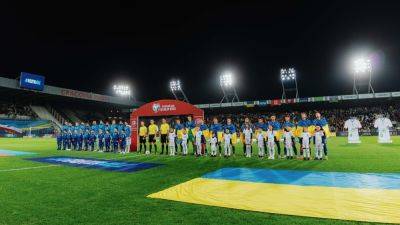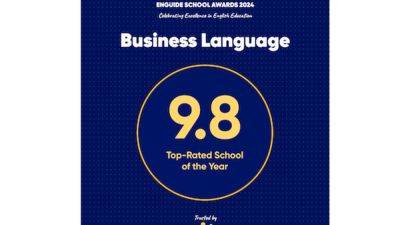“I want to be a dinosaaaur”: how to recognize what a child really means
UNICEF and Daria Herasymchuk, Advisor–Commissioner of the President of Ukraine for Children’s Rights and Child Rehabilitation, are launching a new initiative today to help parents and caregivers recognize how children express and live their rights through everyday words and actions, underscoring the vital role that families play in protecting, promoting, and fulfilling those rights.
“The family is the best place for children to learn about their rights and for caregivers to play their role in nurturing them,” said Munir Mammadzade, UNICEF Representative to Ukraine. “During the extreme stress of wartime, families need all the support they can get, and this initiative aims to reveal how everyday routines are also key to fulfilling children’s rights,” added Mammadzade.
The idea for the initiative emerged in response to UNICEF research. The study showed that parents primarily focus on meeting children’s basic needs — health, safety, and protection from violence — which has become even more critical during the war. At the same time, less than half of parents mention personal space, rest, and self-expression as children’s rights.
The initiative will help parents and caregivers better understand the meaning behind children’s words and emotions. For example, when a child says, “Don’t yell at me,” they are defending their right to dignity. The phrase “I want to join another club” refers to the right to participate in decisions, “I want to be a dinosaur” expresses the right to self-expression, and “I’m tired” points to the right to rest.
UNICEF believes that parents are already supporting children’s rights in their everyday actions. Knocking on a teenager’s door, for instance, shows respect for privacy, while letting a child






